Blog
Pay it forward (DW#412)

Sura Qassas: and do good (to others) as Allah has done good to you[28:77]
This verse, addressed to the rich despot Qarun, reminds him that the bounties that he has been granted are a gift from God, to be used in good works and charity. That he should be a conduit of these blessings, keeping the flow of blessings going by passing some of them on to those in need, rather than hoarding them all for himself.
Qarun believed that what he had was solely a result of his own hard work. He failed to see that the abundance of blessings can be a test to see how we will use these blessings. He forgot about all those who could have benefited from sharing in the blessings that were granted to him and instead he squandered them in meaningless ways and to feed his whims and passions.
The lesson for us is this: whatever we have been granted of material, intellectual or social bounties are a trust from Him. These gifts need to be engaged as a force for good in this world rather than hoarded solely for our...
Harkat mein barkat (DW#411)

For today’s verse, I could not find a better title than the Urdu phrase: Harkat mein barkat, meaning there is blessing in movement/striving. One of the principles of life, taught by experience and by Divinity, is that human beings get what they strive towards.
It is important to note that what the Quran is telling us is that our outcome will be in accordance with our striving. What this means is that it intention and effort that counts. In the material world, we are told that winning is everything and that being second best does not count.
However, in our relationship with God, winning and the outcome does not matter as much as the effort and the intention with which any action is undertaken. The outcome, of course, is never really in our control in the first place. We can work really hard at something and still not get the outcome we hoped for or worked towards. This ver...
Respect the earth (DW#410)

Sura Rum: Corruption has appeared in the land and the sea on account of what the hands of men have wrought (Quran 30:41)
Corruption (fasad, in Arabic) is often defined as: "A thing leaving a balanced state." In other words, corruption is when something becomes ruined, contaminated, polluted or out of balance. Its opposite is salah/islah is to rectify, correct, or set right. In other words, to bring a thing back to some sort of equilibrium and balance.
This verse reminds us that we need to be muslihun – people of islah, not mufsidun – people of fasad; of how we are to be people who set things aright, not sow mischief throughout the earth. We are called upon to be healers, not corrupters.
Here is the foundational principle of the Qur’an’s "earth ethics" or the ecological view in Islam: That we are stewards of this earth and that we need to respect the balance in Creation and not to disturb this balance through disregard and misuse.
The verse is more relevant today than perhaps at any...
Recognize the value of a single night (DW#409)
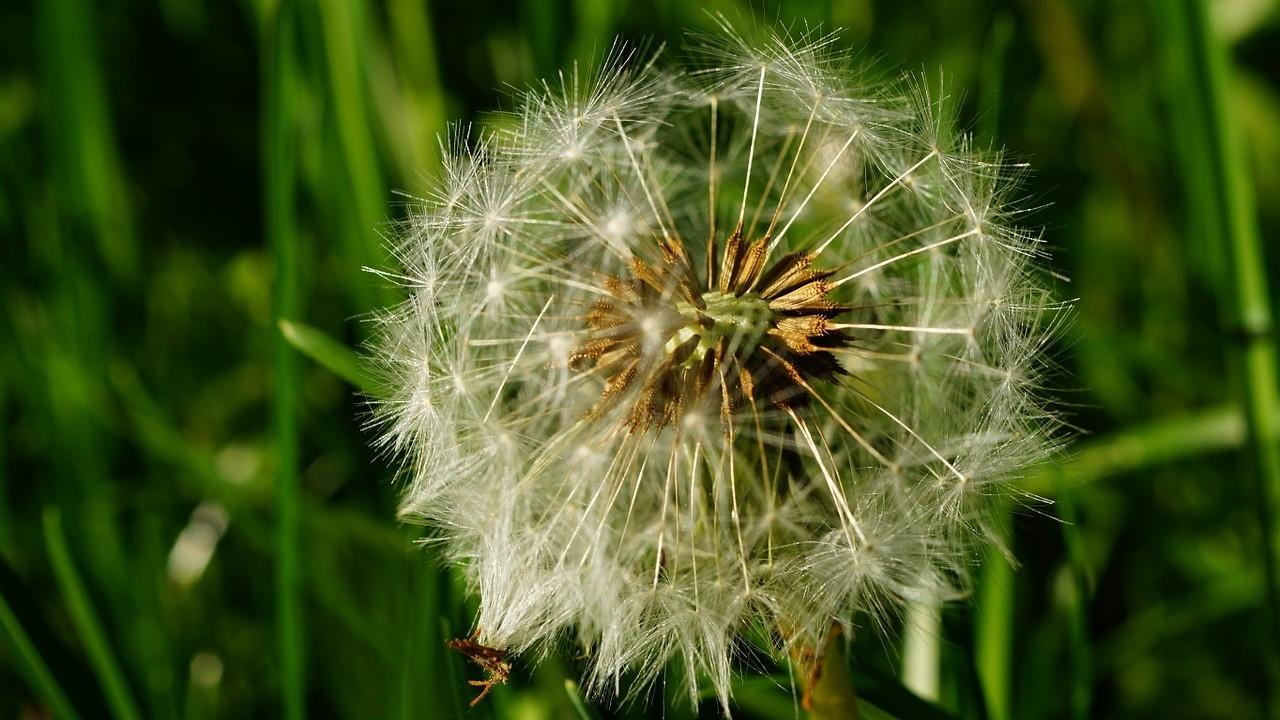
The grand night is better than a thousand months [Sura Qadr, 97:3]
Laylatul Qadr (the grand night, night of power, night of destiny) is the anniversary of the night when the verses of the Qur'an were revealed to Prophet Muhammad (saw). This night, the holiest in the Islamic calendar, is a celebration to commemorate the arrival of the final guidance for humans.
The above verse from Sura Qadr tells us that Laylatul Qadr, or the Grand Night is better than a thousand months. In the verse preceding this one, the Quran has invited us to raise our consciousness by asking And what will make you comprehend what the grand night is? [97:2]. This verse answers this question by informing us that the Grand Night, or Laylatul Qadr is better, more elevated than one thousand months.
A thousand months is equal to more than 80 years, a quantity of time that is equal to, if not more than, a lifetime for many of us.
Clearly the Quran wants us to understand that there is a difference in quality of time if we ...
Worship and service are inseparable (DW#408)
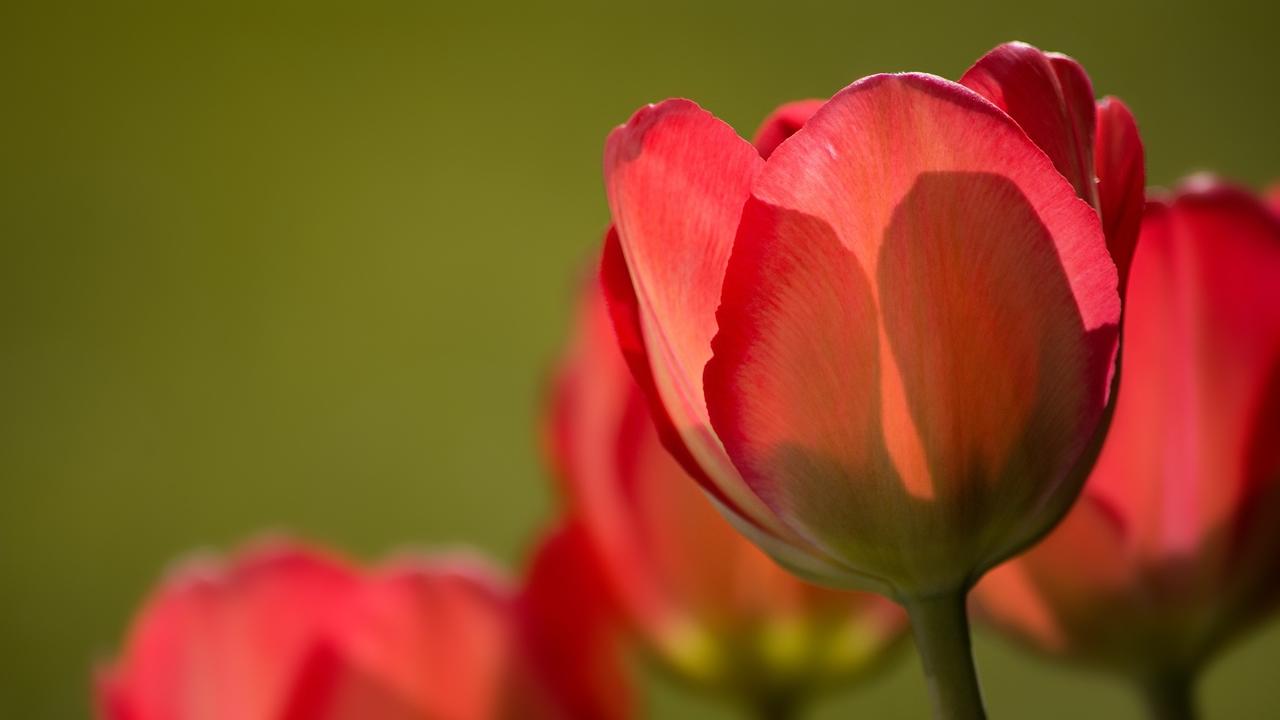
In Sura Maida, the Quran whilst talking about whom to take as guardians friends or protectors, says: those who keep up prayers and give alms while they bow. [Quran 5:55]
The verse refers to an incident in the life of the Holy Prophet (saw) which is reported by his companions. The companion reports: ‘Once I performed the noon prayers in a mosque, behind the Prophet (saw) then, a beggar came in but no one attended to him. The beggar extended his hands towards the heaven and said, ‘O God, bear witness! Here, in the mosque of the Prophet of God (saws) I asked (to be given something), but no one attended to me.’
Ali (as), who was in the state of ruku’, saying his prayers, gestured with his hand, inviting the beggar to take a ring which was on his little finger. The beggar stepped closer and removed the ring from Ali’s (as) finger. This incident took place in the presence of the Prophet (saws)’. Ref
This verse is often used to encourage the practice of giving charity whenever it is required a...
Dust those cobwebs (DW#407)

When we reflect on the spider’s web, we realize that it has several rather interesting features:
It provides no protection: Although the construction of the web is a remarkable feat of architecture, and it can look beautiful, it does not fulfil a basic need of a house which is shelter and protection. The spider’s web doesn’t protect the spider from the elements at all. Wind, fire, water all penetrate through it. The mere brush from a broom or a hand can destroy it. How frail is this house!
It is spun from within: Whist other animals use materials from nature to construct their houses, the spider spins the web from a substance within itself.
It is a trap: Although the...
Be fair (DW#406)
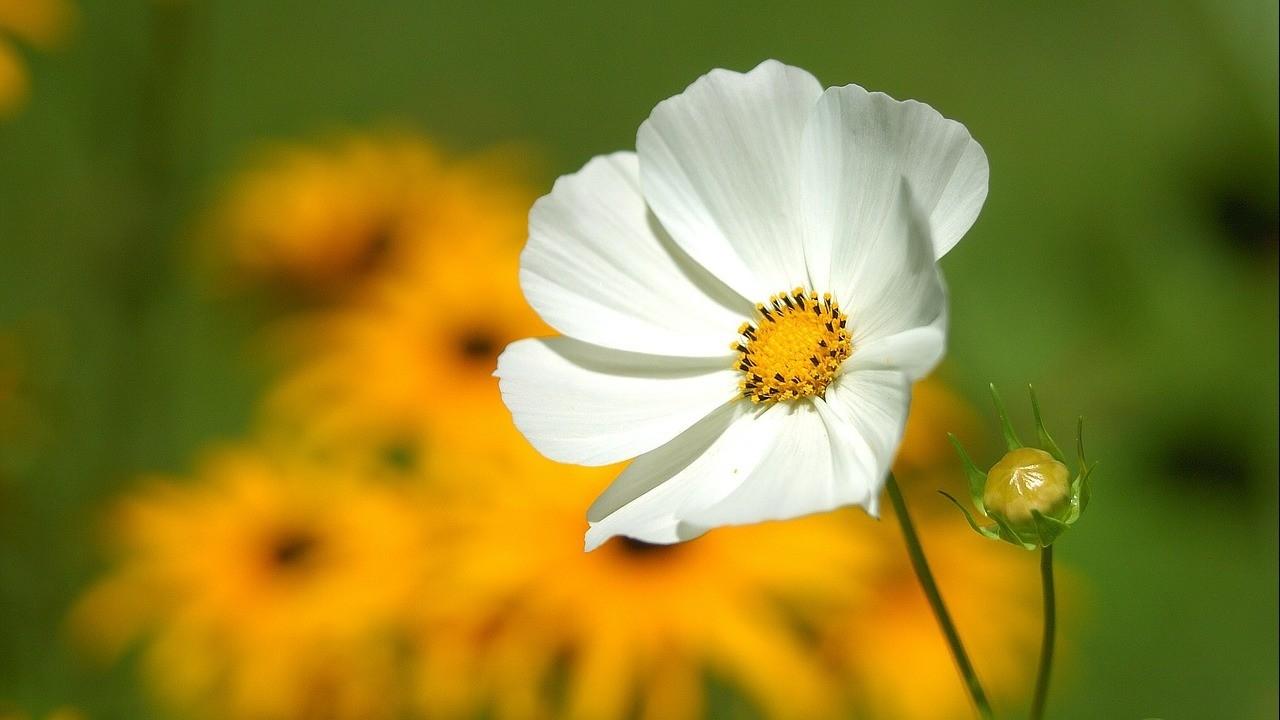
The verse Indeed Allah loves those who act equitably or with justice appears in several places in the Quran (5:42; 49:9; 60:8) and it means that we should deal with others on the basis on timeless ethical principles revealed by God and not in accordance with our own personal arbitrary whims or likes/dislikes. It also means that we should give everyone their due and be conscious of the obligations that we have to people in our family, community and society.
Justice or acting equitably can be very challenging when it is against our own interests or those of our loved ones.
But in order to become those who are loved by Allah, no less is demanded of us.
In Sura Nisa, Allah reminds us that the command to have fair-dealings with others applies even if we have to go against our loved ones. Justice, He reminds us, trumps relationships and needs to be maintained without fear or favour.
[4:135] O you who believe! be mai...
Purify yourself (DW#405)
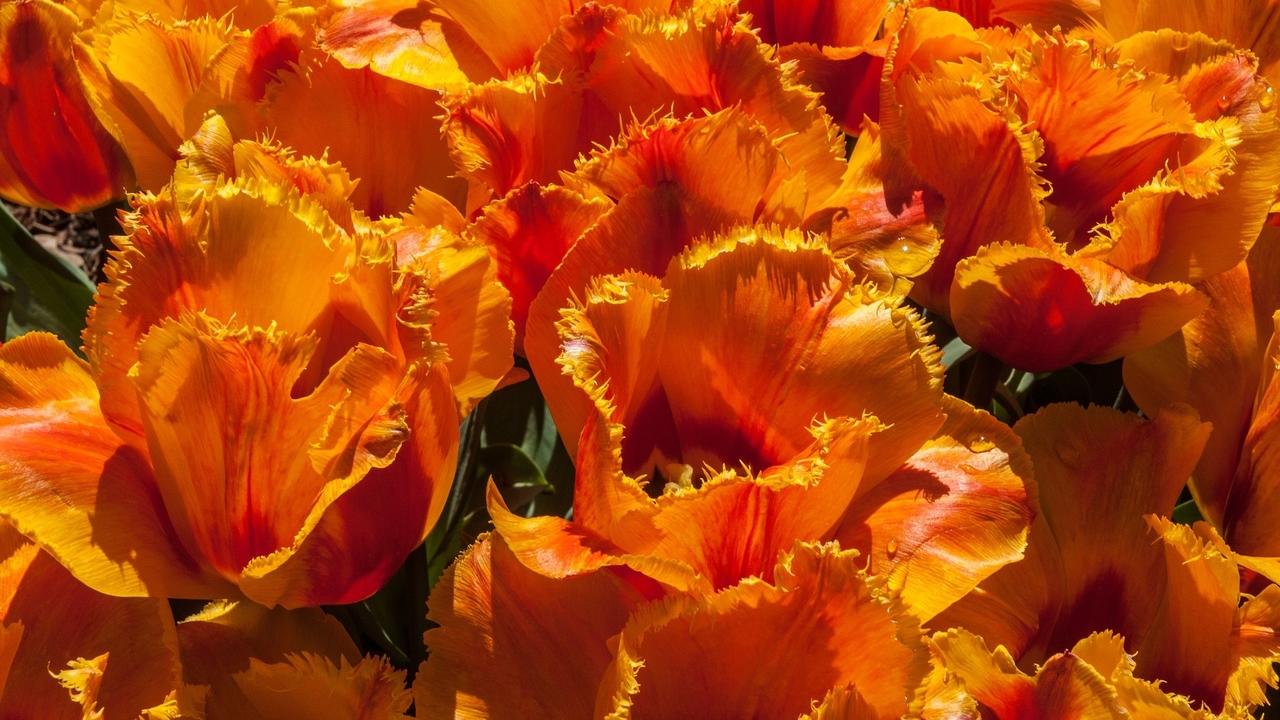
Sura Baqarah, verse 222: and He loves those who purify themselves.
Tahara or ritual purity is one of the cornerstones of the Muslim faith. We have to cleanse ourselves before acts of worship in order for the worship to be valid.
Physical purity is, of course, only the starting point of tahara or purity.
When the Quran says that He loves the muttahiroon, those who purify themselves, we need to understand that purification of the body, mind and heart are all important to become those who are loved by Him.
How are some of the ways we can purify ourselves?
- Stay in a constant state of physical purity
- Purify our mind of negative thoughts – about Him, about ourselves and about others
- Purify our heart of anger, resentment, jealousy
- Purify our intentions for acts of worship and for good deeds
- Purify our dealings in business and with each other
Keep turning back to Him (DW#404)
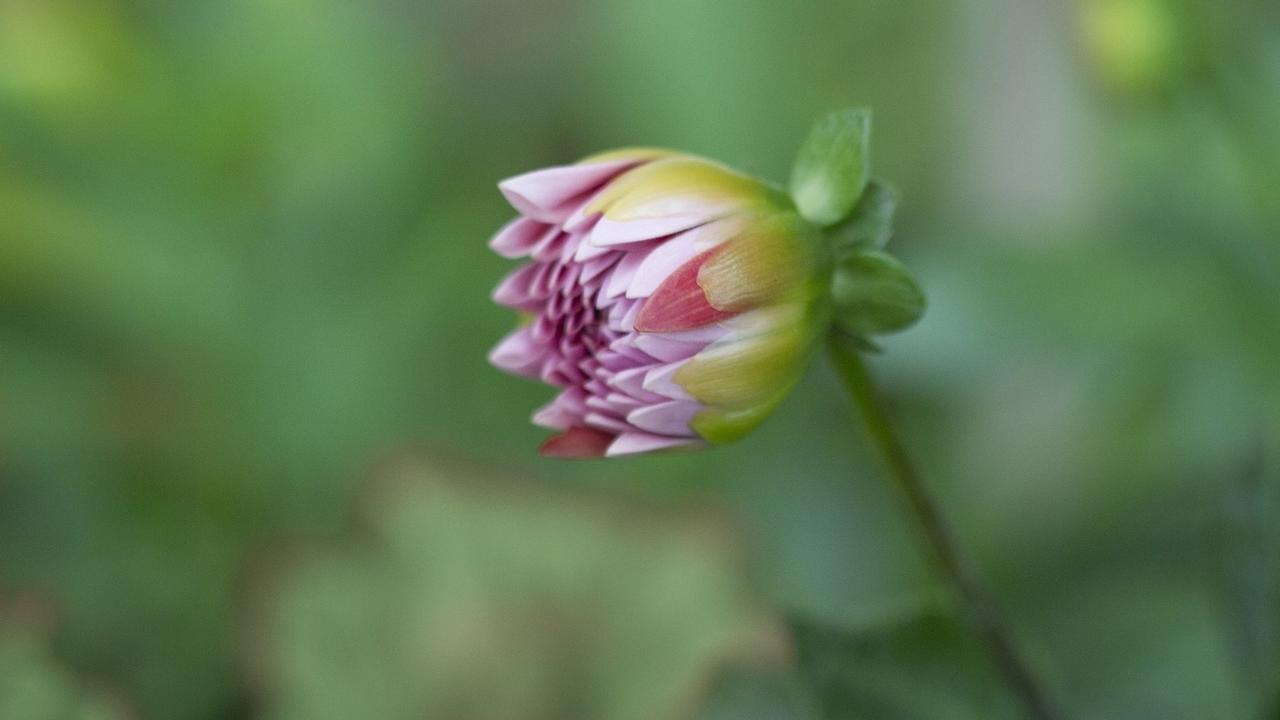
Sura Baqarah, verse 222: Allah loves those who turn to Him constantly.
The Creator knows the nature of Creation – He is aware that despite our best intentions, we will constantly fall short of the good that has been commanded. And we will keep doing things that are not in our long term best interests.
This is an invitation to keep returning to Him in repentance when and as soon as we recognize that we have fallen short or gone "off-track". To return to Him means to come back on the path that He has commanded, the path of those whom He is pleased with. The path that is aligned with our ultimate purpose.
Just as an airplane must keep correcting its course and adjusting its flight path to arrive safely at its destination, we need to:
- Have an idea of the path that will lead us to success
- Have an intention to stay on the course
- And when we stray off that course, recognize it and turn back as soon as possible.
Not only is this plan of action a great blueprint for success in this wor...
Rely on Him (DW#403)

Verse 159 from Sura Al-Imran: So by mercy from Allah, [O Muhammad], you were lenient with them. And if you had been rude [in speech] and harsh in heart, they would have disbanded from about you. So pardon them and ask forgiveness for them and consult them in the matter. And when you have decided, then rely upon Allah. Indeed, Allah loves those who rely [upon Him]. (Quran 3:159)
This verse refers to the Holy Prophet(saw)’s demeanor with his companions after the disaster on the battlefield of Uhud when some companions flagrantly disobeyed him. The Prophet did not reproach them harshly although the disobedience had led to a major defeat for the Muslims.
Here the Quran testifies to the gentle nature of the Prophet (saw) which endeared him to all, and it is reckoned as one of the Mercies of Allah. One of the Prophet's titles is "A Mercy to all Creation." At no time was this gentleness, this mercy, this long-suffering with human weaknesses, more valuable than after a disaster like that at Uhu...
